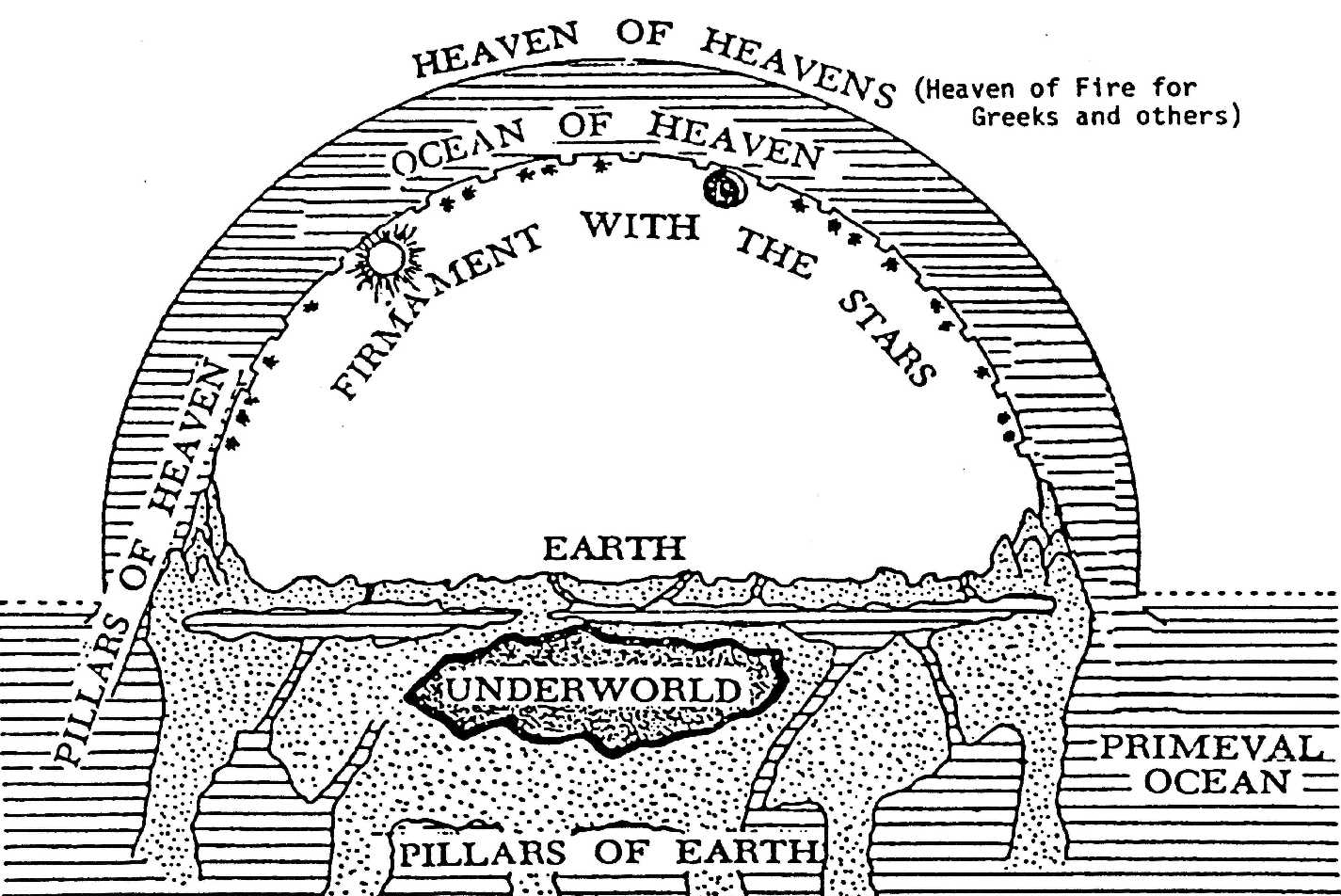Who was it written to? Those people it was written to believe it to be a literal historical written recording of the earths origins and formation, or another word would be simply "Genesis".Bootstrap wrote: ↑Mon Jul 12, 2021 6:40 pm
That's not what Genesis 1 was written for. And to understand what it was written for, it's helpful to read it carefully without force-fitting it to be something else.
John Walton says that the Bible was written for us, but it was not written to us. To understand Genesis 1, we really need to take the time to read what it actually says, no other reading can be considered a "literal" reading. God was writing to people who understood the world very differently than we do, so he spoke to them in their time and their culture. The main point of Genesis 1 is not HOW God created the heavens and earth, but WHO created the heavens and earth and WHY he created them. So many "literal" readings of Genesis 1 are trying to unify Genesis with as much modern science as they can, and the tend to mow over a fair amount of the biblical text and modern science at the same time. Genesis 1 is not trying to explain how modern Americans will come to understand creation in 2020. Or in 2070 or 2120, which may well be quite different.
Yes. I hope humanity in the future does get a jolly chuckle out of how people way back in 2021 actually believed in Evolution. My hope is that science continues to advance to such a degree that secular scientist someday will shake their head at these current notions. And Christians will once again not be surprised.Bootstrap wrote: ↑Mon Jul 12, 2021 6:40 pm
Our grandchildren may well laugh at us for the way we understood many aspects of science. "The way they thought about creation in 2020 is kind of interesting from a historical perspective, but what's the point?" We laugh at our own grandparents for their understanding. I have an encyclopedia from 100 years ago that tells me the mountains were formed because the earth was hot when it was first formed, then it shrank and wrinkled. It tells me to do an experiment with an apple, leaving it out so that it can shrivel and form mountains the same way. We don't see the world that way now.
It's really not a complicated read. And it was not difficult to understand what it was saying until Darwinism came along, and Christians began to believe that.Bootstrap wrote: ↑Mon Jul 12, 2021 6:40 pm To understand Genesis 1, we really need to slow down and read it the way it was written, without reading all our own stuff back into the text. There is no indication of anything like a big bang or creation from nothing, in the beginning, the earth was wild and chaotic, darkness covered the surface of the waters, and God's spirit hovered over the waters. When God says "let there be light!", that does not correspond to any point in the scientific account of creation we tell ourselves today, the waters above and the waters below and the firmament between are all foreign to modern science. From Augustine until today there are many attempts to read the current state of science back into the creation story, but they are all reading things back into the text that the original writers did not write and would not understand.
But if God told the same story, updated to use the concepts of our modern science, it too would need to be adapted 100 years from now. Human beings do not understand what we do not understand. And perhaps the first thing we need to grasp about creation is that we human beings do not grasp it, but God does, and any attempt to explain it to us needs to use imperfect explanations that we can at least sort of understand.
If we really want to understand Genesis 1, we should not ask what it says about dinosaurs or the big bang or photons, we should ask what it says about the waters above and the waters below and the firmament, what it says about God as it describes that, what it says about God in relation to us and to all of creation, how this is echoed in the Psalms and the Revelation ...
What I find fascinating about the idea that we must believe Darwinism full stop, is that to do that one must logically assume that we have reached the pinnacle of knowledge. And although their mouth says science, the position is that science will never be overturned. These Darwinist would be historically the same people who accepted that the earth was flat. And would have been unable to imagine a smartphone being possible.
I think the day will come when humanity advances far enough scientifically, that Darwinism and Big Bang etc, is disproven as flat earth, and rejected as ridiculously old fashion notions.

